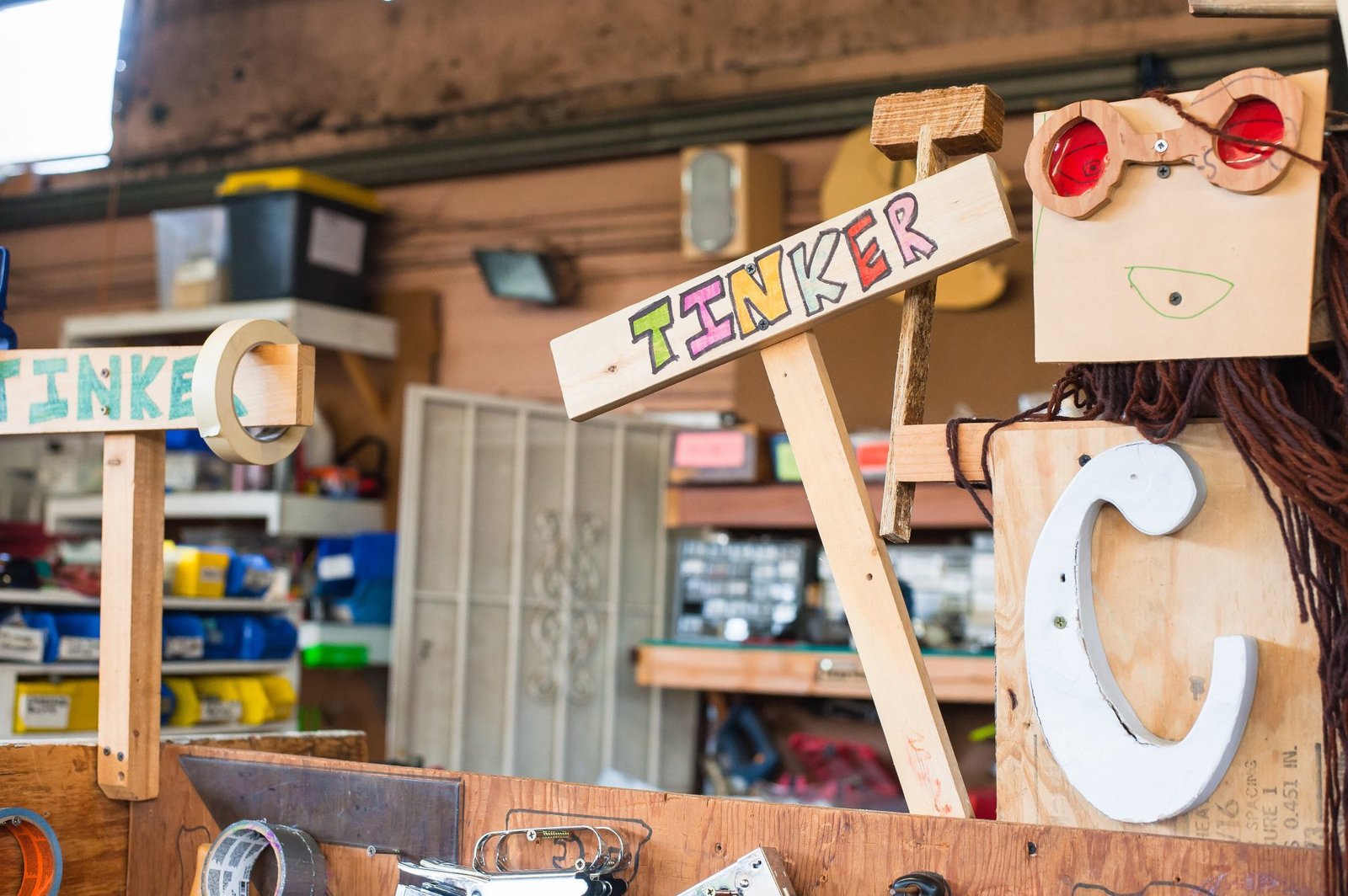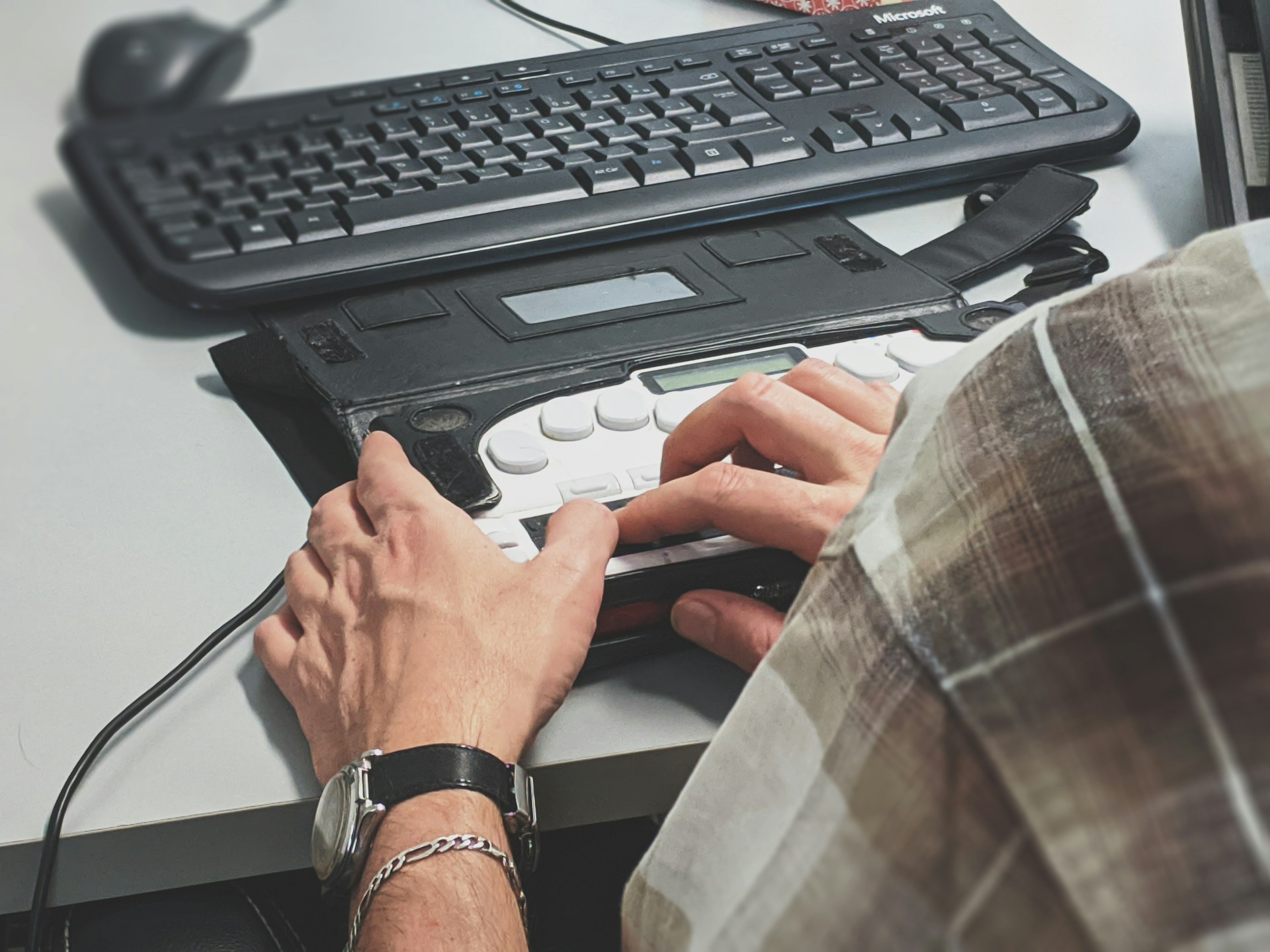Vishal Narayan is a former firefighter and philanthropist who has devoted his life to helping others.
He is the founder of The Good Karma Los Angeles, a nonprofit organization that provides food and other resources to homeless people in Los Angeles. The Good Karma LA leads with the goal of creating a community center where a good set of hands and kind-hearted people can serve in the areas of cooking three free hot meals a day, mentorship, for those in need of warmth and a smile.

Vishal was inspired to start The Good Karma Los Angeles after seeing the plight of homeless people in Los Angeles. He wanted to do something to help, and he knew that he could use his skills as a firefighter to make a difference. The Good Karma Los Angeles started out as a small food truck that would drive around Los Angeles and distribute free meals to homeless people. The organization has since grown, and now it provides a variety of services to homeless people, including food, clothing, and shelter.
A true inspiration and a living example of what it means to be a compassionate, selfless person – Vishal is a hero to the community of people he helps in Skid Row after donating over 130,000 meals. Vishal is a busy man but he always finds time to give back to his community.
We had the opportunity to interview Vishal by Dodger Stadium about building The Good Karma Los Angeles, plans for the future, discuss the devasting effects of the Los Angeles wildfires, tips for emergencies, and much more!
What has been the most rewarding part of your journey so far as a former Firefighter and philanthropist?
I think that I changed my life when I got involved with the fire department, I finally found a structure in my life that I could follow. I looked up to these men and women and said, I want to be that. And back then I didn’t realize all the tools I’d take away. So I really paid attention to when these people spoke and I really tapped in because those those strategies still play a role in my life now.
In Los Angeles, we know things move at a fast pace. What adjustments have you had to make since COVID both personally and professionally?
I still remember our first meal distribution. It was during the early days of the pandemic, when no one really understood what was happening. People were wearing t-shirts as face masks, just trying to get by. I handed a meal to a 16-year-old male, and when I asked if he wanted food, he started crying. I didn’t understand at first. He told me that all the shelters were closed, and he hadn’t had food or water for three days. I asked how many more meals he needed, and he said, “Just one more. This is for someone else.”
A lot of people think Skid Row is just for the homeless, but there’s also low-income housing, and many people have nothing, coming from all over the country and even other countries. When we pull up with our bookshelf, the ‘Loving Library,’ the kids come right away. They take a book and leave one, no strings attached. It’s amazing to see how much they appreciate it.


The Good Karma is still going strong and providing help to the community. We love to see it. Why is it so important for you all to keep things going?
Most people I meet in Skid Row are genuinely kind. It’s different from the experience of pulling up to someone on the side of the freeway, where you might encounter someone using substances, and there’s a real risk of danger. Skid Row, on the other hand, is a community that’s been around for over a century—longer than most people realize. You see the same faces regularly, some of whom are community leaders. There are also a lot of resources available there, which we rely on during our outreach efforts. The people look out for us, and we return the favor. We treat them with respect, always asking how they’re doing, and often, they’re surprised by the simple gesture. Many have told us that no one ever asks them that.
Life’s short, man. I don’t know what my ending will be, but I’m just trying to do my part and leave things better than I found them.
What has the recent tragedy with the wildfires in LA taught you and your team?
We are being very mindful. We cook on Sundays for our Skid Row, OC & San Francisco chapters. Lately, we’ve been preparing meals for first responders. When they see our truck, they let me into fire zones. I can reach out to my contacts, and they’ll get me into places like the hills of Pasadena, alerting security that our blue truck is bringing aid. I only take in what’s necessary — “How many people on your team? Want two meals each or just one?” It’s all very deliberate. As a small grassroots organization, we can’t take in more than we can handle. But at the end of the day, it’s about doing the right thing.
Whether it’s one dollar or one face mask, that’s someone’s hard-earned donation, and we honor that. If I’m not out there passing things out, my team is. The heart of the organization hasn’t changed; we’re still about the mission we started with—genuine, wholehearted support.
Are there any tips or advice you would give to manage emergencies?
When it’s time to evac, you have to act fast because you can’t predict what will happen next. The winds are moving 70 to 100 miles per hour, and embers are flying through the air, sparking new fires. Imagine embers traveling 100 miles per hour, landing in other communities. So, it’s definitely evacuation time. I think LA did a great job with that.

What should the community always expect in the aftermath of the wildfires? Because I like a lot of people are trying to figure out ways to help. A lot of people are trying to figure out just where they can be of service, where the most impact is for the community. So I really just want to kind of let people. get some insight on how they can move after something like this.
Firefighters often don’t voice all their needs—they’ll just say they’re fine, even when they could use things like beanie socks, undergarments, and baby wipes. There’s no restroom access in the hills, so baby wipes become essential for wiping your face and body. And after days or even weeks of hauling up and down those hills, ibuprofen is a must—your body gets sore and worn out. I’ve been focusing on gathering donations that are specifically for fire relief. When people ask what’s needed, I let them know exactly what I need for that cause.
Once I have it, I direct people to larger organizations that can help on a broader scale. In times of emergency, it’s that fight-or-flight instinct. Do you run away or do you run toward it to help? I saw LA really step up for its community, and I’m proud of them. Everyone’s finding their own way to heal, and something as simple as asking someone how they’re doing can make a huge difference. It’s a small act, but checking in with people—just saying “hi”—matters right now, as the city recovers from this tragedy. I believe it all begins with us, as individuals.
What’s next for The Good Karma?
We’re fully volunteer-run, with no external funding. We’ve never applied for grants before, but this year, we’re changing that. To keep doing what we do, we’re going to need some support. That said, I’m really proud of the work we’re doing—it’s all very intentional.

Looking ahead to 2025, we’re expanding into new areas like the LA chapter, San Francisco, and Orange County. We’ve also got an exciting project in the works: a food truck. It’s not brand new, but the kitchen is in great shape. It needs some work, though—I’ve already put in a new engine and transmission, and it’s getting a fresh coat of paint. I’m even planning to tackle the roof myself to save some costs. We’ll be launching LA’s first community kitchen to serve both LA and OC, and I’m excited to see how it all comes together.
Connect With Vishal and The Good Karma!
For Ways To Help With LA Wildfire Relief
These are organizations that are getting items directly into. the hands of people who need them.
https://www.thegoodkarmala.org/







